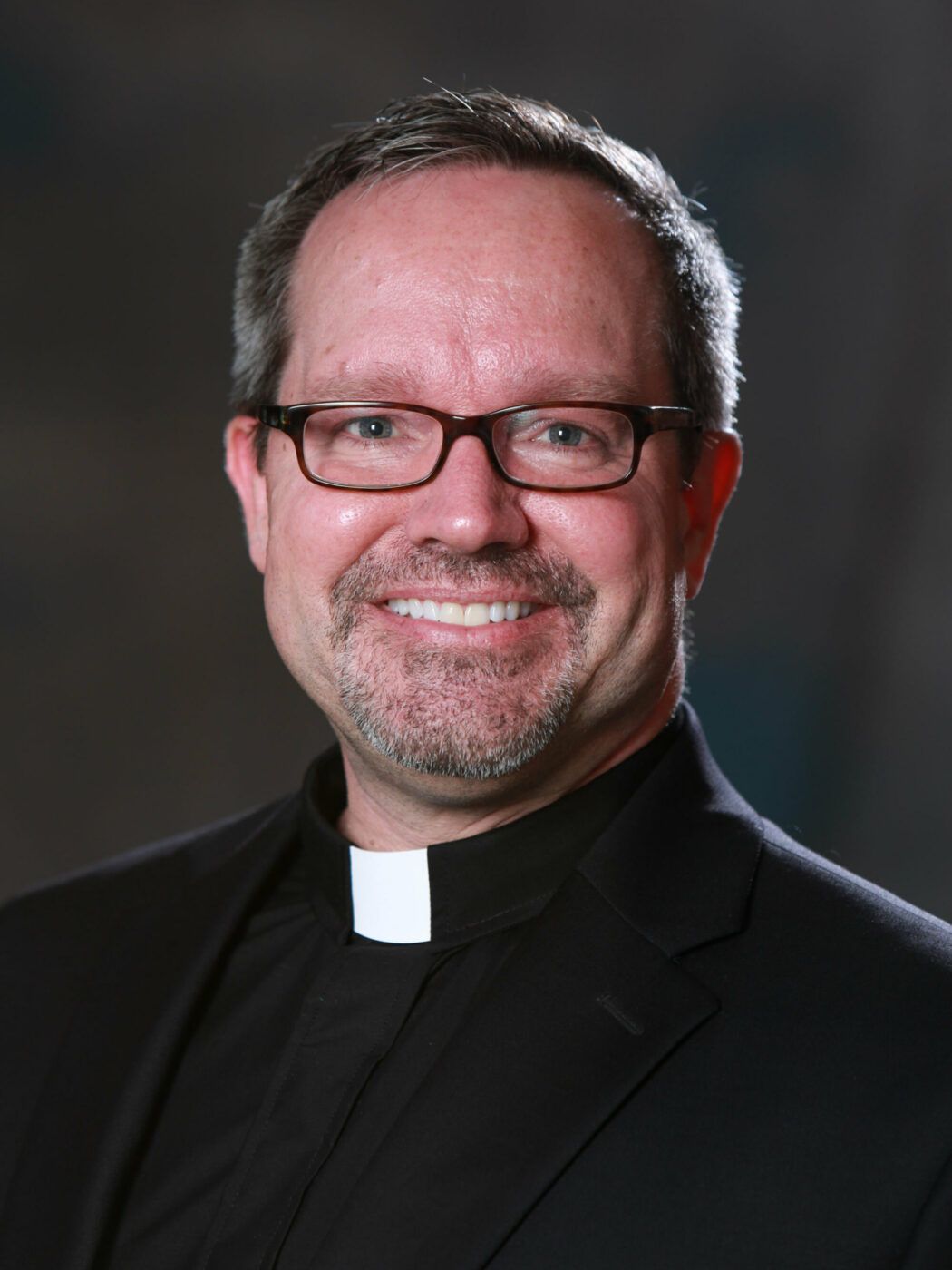Nature’s first green is gold,
Her hardest hue to hold.
Her early leaf’s a flower;
But only so an hour.
Then leaf subsides to leaf.
So Eden sank to grief,
So dawn goes down to day.
Nothing gold can stay.
"Nothing Gold Can Stay" is a short poem written by Robert Frost in 1923 and published in The Yale Review in October of that year. It was later published in the collection New Hampshire, which earned Frost the 1924 Pulitzer Prize for Poetry.
Nothing Gold Can Stay reminds us of the transitory reality of nature, the unfolding of the seasons. This weekend we experience the autumnal equinox—a time where the hours of daylight and nighttime are equal. It is a mark in our seasons where we make a shift from warm summer days toward the winter. These incremental changes in temperature and foliage brings with it shorter days of sunlight until the Spring. Nature gives us an opportunity to ponder our own human nature and its desire to hold onto the “gold” which is temporary.

Our Gospel today challenges us to experience change and to grow in generosity.
“When it was evening the owner of the vineyard said to his foreman, ‘Summon the laborers and give them their pay, beginning with the last and ending with the first.’ When those who had started about five o’clock came, each received the usual daily wage. So, when the first came, they thought that they would receive more, but each of them also got the usual wage.” Matthew 20:8-10
Jesus challenges his listeners and us to look at life and one another with his mind and heart; filled with overflowing generosity. The laborers were looking with envy that others who didn’t work as long received the same compensation. The owner has the right to be generous to whomever he wants. The all-day laborers in the vineyard received a just and appropriate wage. The bitter laborers were jealous of the generosity and felt it unfair.
We have all experienced situations in life when we felt as though we were cheated. It is true that life is not always fair. But we ought not live by an earthly perspective. We are called to live according to the divine perspective. From that perspective, everything is fair in the end, and true justice is meted out to everyone.
Jesus’ life is our standard. Jesus’ life, along with ours, must not be evaluated from the perspective of earthly justice. It’s not that treating others unjustly is permissible by the will of God. Each of us has a moral responsibility to act in justice as a minimum requirement. But we are also called to exceed earthly justice and live by the new standard of grace.
Today’s parable presents to us the scenario in which God has chosen to bestow His grace and mercy in abundance to all who turn to Him. We can never earn the right to His mercy. Nothing we can do will ever give us the right to the gift of eternal salvation. Therefore, this parable especially challenges us to look at Heaven and the life of grace on earth from the perspective of “gift.” All is a gift from God. We must be like the landowner in this parable who rejoices when laborers show up in the last hour and then lavishes a full day’s wages upon them. Not only is this fair from the divine perspective, it must become our personal desire as we labor through life.
So, we are challenged to let go of the “gold” of self-righteousness, self-importance, self-preservation and our own personal sense of justice and fairness. We are called to “put on Christ” as Saint Paul states, so that we may die to self in order for something new to arise.
The unfolding of the seasons, the rhythm in nature, all reflect the reality of the divine. The dying and rising—in nature through the seasons, in ourselves through growth and conversion, in our generosity as our hearts widen with kindness and compassion—all mirror the Paschal Mystery. The life, death and resurrection of Jesus is our pattern for living.
Our promised future is in the Lord—one that is not passing or changing like the seasons but certain—one that leads to Eternal Life. And, that is the gold to cling to.


